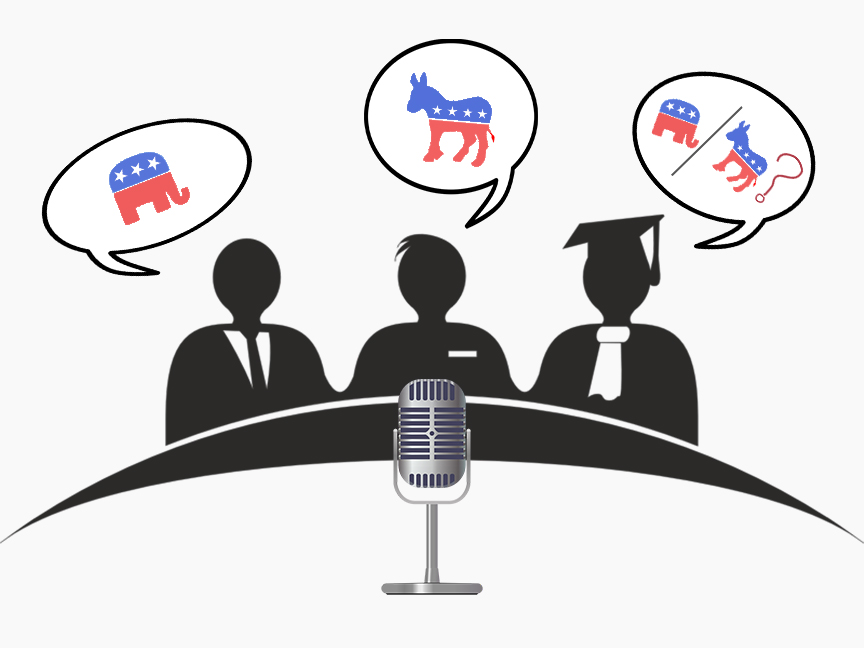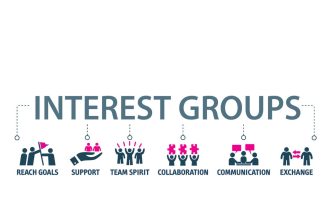Since the Enlightenment, a wide variety of viewpoints and ideologies have developed, which are all included in modern political philosophy. Fundamentally, modern political theory aims to comprehend and tackle the intricacies of modern society organization, government, and the place of the person within the state. Modernization theory, a notion in political science that examines the processes of society development and change, is one well-known framework in modern political thought.
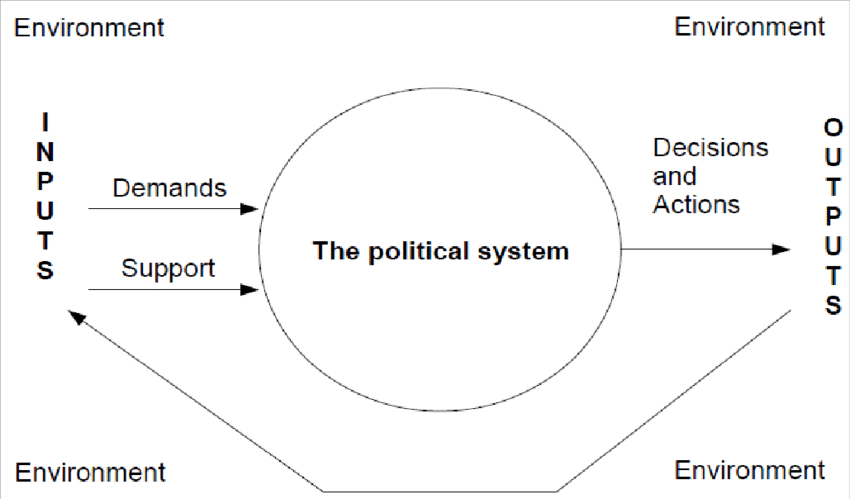
Modern Political Theory’s Foundations
The Enlightenment era of the 17th and 18th centuries is where contemporary political thought first emerged. During this period, political theorists and philosophers like Immanuel Kant, Jean-Jacques Rousseau, Thomas Hobbes, and John Locke established the foundation for contemporary ideas about democracy, individual rights, and social contract theory.
Locke’s views on consent government and natural rights had an impact on liberal democracy’s growth by highlighting the defence of individual freedoms and the rule of law. Conversely, Hobbes examined the need for a powerful central government to uphold social order and keep nature from devolving into anarchy.
The general will and the social contract theories put out by Rousseau supported direct citizen participation in political decision-making, which aided in the development of democratic philosophy. Kant promoted the idea that people are rational agents capable of self-governance through his moral and political philosophy, which was based on the concepts of autonomy and the categorical imperative.
Major Ideas in Contemporary Political Theory
Numerous themes and issues pertinent to modern society are addressed by modern political theory:
Democracy and Governance
Contemporary political theorists study the fundamentals of representation, democracy, and political engagement. It is essential to comprehend ideas like election processes, participatory democracy, and deliberative democracy to comprehend how contemporary political institutions operate.
Individual Rights and Liberties
A cornerstone of contemporary political thought is the defence of individual rights, such as freedom of expression, assembly, and religion. In discussions concerning civil liberties and government interference, the conflict between individual liberty and group interests frequently comes up.
Equality and Social Justice
Contemporary political theorists examine issues related to distributive justice, social inequality, and the government’s role in advancing social welfare. Justice theories, such as those put out by Amartya Sen and John Rawls, provide frameworks for resolving differences in opportunity, wealth, and resource access.
Globalization and International Relations
Since the onset of globalization, transnational governance, global justice, and the balance of power in international relations have become pressing issues in modern political thought. Discussions about international collaboration and conflict resolution are shaped by theories of cosmopolitanism, global governance, and human rights.
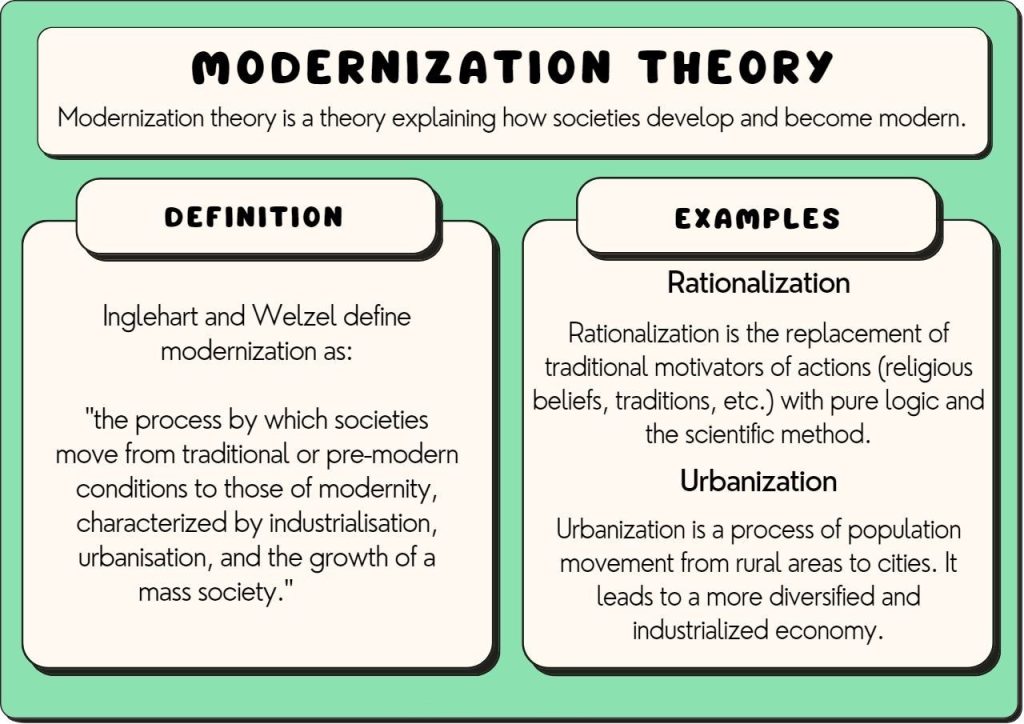
Political Science Modernization Theory
The mid-1900s saw the emergence of modernization theory as a theoretical framework for comprehending the processes of societal development and transformation. Modernization theory, which has its roots in sociology and political science, asserts that when societies move from old to modern forms of organization, they go through phases of political, social, and economic modernization. Among the main ideas of modernization theory are:
Economic Development
Industrialization, urbanization, and technological innovation are key factors in propelling economic growth and development, according to modernization theory. Modernization is thought to require a shift from a rural economy to an industrialized society.
Social Change
Modernization theory emphasizes how social structure, institutions, and values shift as societies modernize, coinciding with economic development. These include moves towards urban living, rises in educational attainment, and secularism.
Political Transformation
According to modernization theory, nations experience political transformation as a result of the establishment of democratic institutions, the rule of law, and civic engagement. It is believed that democracy would inevitably spread as a result of economic growth and modernization.
Cultural Adaptation
The theory of modernization recognizes the part that cultural diffusion and adaptation play in the modernization process. Values, customs, and social behaviours change as societies come into contact with new concepts, innovations in technology, and cultural traditions.
Explore More Classical Political Theory & Classics of Moral Theory
Modernization Theory Criticisms
Modernization theory has drawn criticism from many angles, even though it has offered insightful understandings of the mechanics of societal evolution and change:
Eurocentrism
Modernization theory has its detractors who claim that it is biased towards Europe and assumes that Western methods of development are generally applicable to other countries. This ignores the variations in historical, cultural, and economic backgrounds found in various parts of the globe.
Dependent Theory
Dependency theorists emphasize the unequal power and economic dependent links between developed and developing countries, challenging the modernization theory’s linear progression. They contend that historical and systemic injustices are the cause of underdevelopment rather than just a stop along the route to modernity.
Cultural Resistance
According to some academics, modernization does not always mean a complete embrace of Western institutions and values. Alternatively, communities could choose to retain certain aspects of their cultural identity while selectively adapting and reinterpreting modernizing influences.
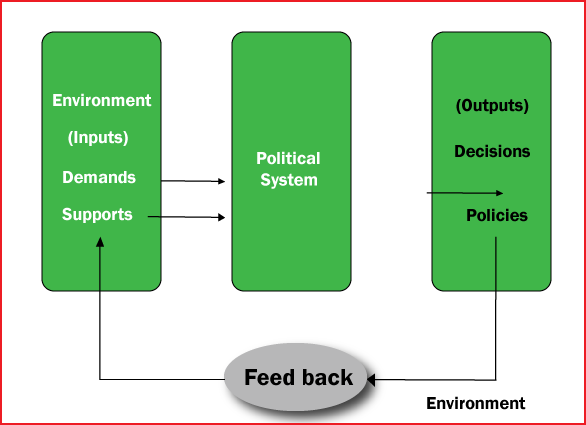
FAQs About Modern Political Theory
What does contemporary political philosophy entail?
Since the Enlightenment, a wide variety of viewpoints and ideologies have developed, and these are incorporated into modern political theory, which addresses topics like social justice, democracy, and individual rights.
What is political science’s modernization theory?
Modernization theory emphasizes economic, social, and political modernization as phases of advancement and provides a framework for comprehending the processes of society development and transformation.
Which modern political theories are the most important ones?
International relations, globalization, equality, democracy, and individual rights are important topics in contemporary political thought.
What are the modernization theory’s detractors?
Modernization theory has been criticized for its lack of consideration for historical and cultural aspects of development, simplicity of social change, and Eurocentric bias.
What connections exist between modern political theory and modernization theory?
While modern political theory gives frameworks for comprehending current political challenges and governance structures, modernization theory offers insights into the processes of societal change and growth. Both modern political theory and modernization theory disciplines advance our knowledge of the intricacies of contemporary society.
In summary
Frameworks provided by modern political theory and modernization theory help comprehend the intricacies of modern politics, society, and international development. Modern political theory continues to influence our perception of the world we live in, from the fundamental concepts of Enlightenment philosophers to the current discussions about democracy, equality, and globalization. Similarly, modernization theory, despite its detractors, offers valuable perspectives on the mechanisms underlying society’s evolution and transformation. Through critical engagement with these modern political theory and modernization theory beliefs, we can effectively navigate the opportunities and challenges of a constantly changing environment.





